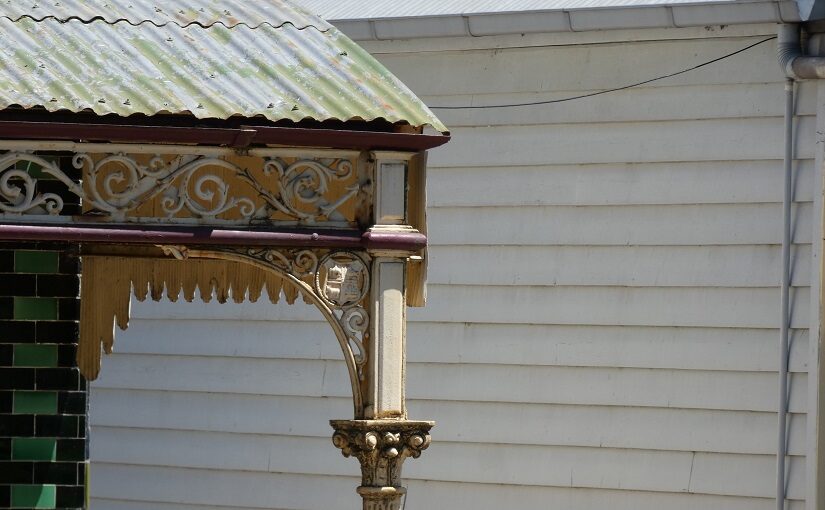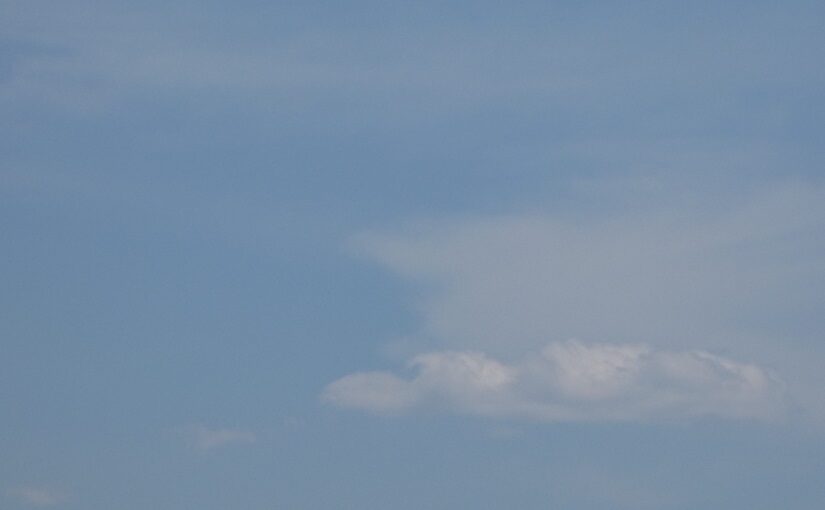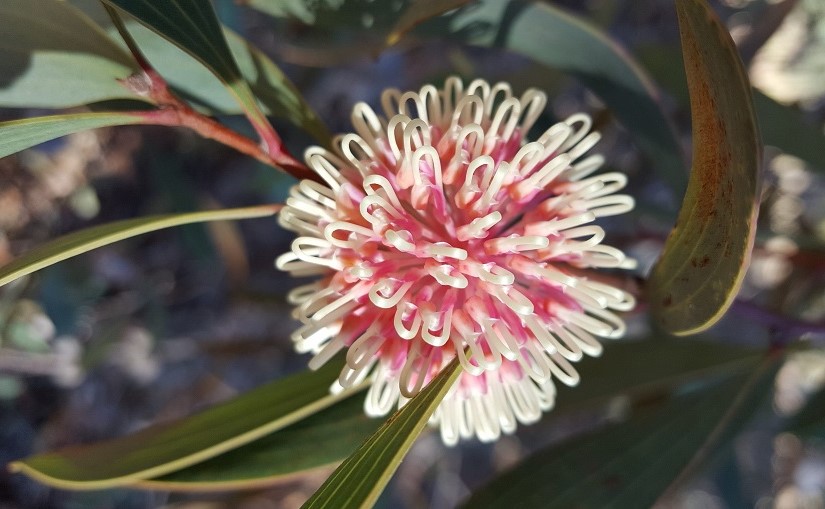Thinking of all life is and how it comes together, what is it that our actions serve to uphold? This idea that, in countless small ways, everything we do feeds into various systems that, together, weave this picture of all our lives “are” and the meaning we feel we’re creating through it all. As if, somehow, we’re always creating something by way of our understanding and our action.
Ideally, I’d imagine “life” were structured and communicated in such a way that we each understood perfectly what all our choices were playing into. This sense of our ideas and decisions weaving in harmony with our surroundings to create exactly what we all need. That, at any place where competing desires converge on a single point, we’d know how to make that judgement for the best outcomes. (Notes One)
Yet, it also seems that understanding goes in waves: that, at times, we might forget the reasoning, the causality, the consequences that brought any given piece of tradition, advice or convention into existence and decide we’ll go our own way. If we’re not seeing the results of our actions – the impacts on ourselves, others or the systems we all form part of – how are we to limit ourselves for their sake?
If we’re not seeing, at least in thought, what everything we do “means” for our surroundings, isn’t it natural we focus on our own concerns? With consequences hidden behind inscrutable screens, the idea of understanding what we’re doing seems to become a little strange: as if, from our perspective, actions might seem totally normal while simultaneously contributing to looming problems out beyond our awareness. (Notes Two)
At the core, it must come down to this idea of grasping what our lives are – our place within reality – then acting consistently from that understanding and from whatever values we have underpinning it. As if life, in its way, is philosophical: based on insight, belief and the will to carry those ideals through into our actions. (Notes Three)
Because, even if we’re not seeing things that way, don’t our actions uphold it all anyway? Everything – perhaps quite unconsciously – plugged into all those systems everyone’s lives are embedded within as all our social, cultural, interpersonal, economic, emotional and natural impacts ripple out around us each day. Aren’t we all these incredibly independent starting points for everything that is being set in motion?
Seeing the significance of every area of our lives is daunting, though, especially when things so often seem to “need” our conscious engagement in maintaining or improving them. Almost as if we’re in battle with our natural inclinations toward self-interest and ease, forever needing to place ourselves in others’ positions or extend our understanding to see what’s happening behind the scenes in the world around us. (Notes Four)
Within the increasingly global relationships making up our lives, how are we to truly grasp the nature of what we’re involved in and make sure we’re actually upholding all that we genuinely believe to be valuable?
Notes and References:
Note 1: Life as adjustments in meaning
Note 1: Holding back, for the sake of others
Note 1: Learning all we need to know
Note 2: Wisdom the world no longer gives?
Note 2: How much everything is connected
Note 2: Any choice but to take a stand?
Note 3: Pieces of the puzzle
Note 3: Being conscious of our constructions
Note 3: Belonging & believing
Note 4: Conversations we agree to have
Note 4: Somewhere between ideals & realities
Note 4: Threads, becoming a united whole










